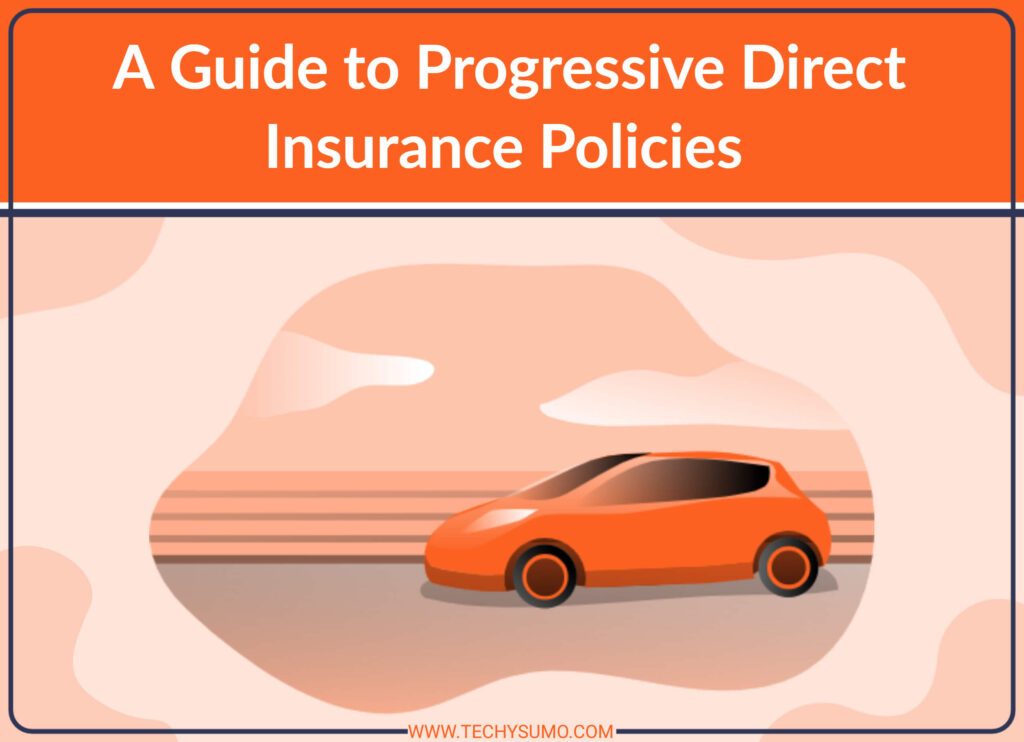Critical illness insurance is increasingly becoming essential in today’s healthcare environment, especially for families facing the dual burden of medical and financial emergencies. With rising treatment costs and limited government infrastructure in many parts of India, such insurance policies offer a much-needed safety net. Whether you are safeguarding your family’s future or your own financial stability, having critical illness insurance in place can provide both protection and peace of mind.
Table of Contents
- Understand critical illness and its implications
- How critical illness insurance works
- Why this coverage matters for families
- Relationship with ABHA card and healthcare access
- Key features of critical illness insurance
- Who should consider critical illness insurance?
- How to buy critical illness insurance
- Financial impact of not having coverage
- Conclusion
Understand critical illness and its implications
A critical illness refers to life-threatening medical conditions such as cancer, stroke, heart attack, kidney failure, or organ transplant requirements. These are not routine illnesses and often need intensive, ongoing treatment, which can extend over months or even years. As a result, the cost of managing such conditions becomes a long-term financial challenge for most families.
For instance, treatment for cancer may involve repeated chemotherapy, surgeries, and hospitalisation, which may cost several lakhs over time. For middle-class families, especially those with a single breadwinner, this financial pressure can be overwhelming.
How critical illness insurance works
Unlike traditional health insurance, which typically reimburses hospital expenses, critical illness insurance offers a lump sum payout upon diagnosis of a listed critical condition. This payout can be used by the policyholder in any way they choose – from paying for medical bills to covering household expenses, loan EMIs, or even travel and rehabilitation costs.
This flexibility is one of the biggest advantages of this type of insurance. It empowers the insured person and their family to manage their situation with fewer compromises.
Also Read
Why this coverage matters for families
In most Indian households, finances are often stretched with monthly expenses, education fees, EMIs, and sometimes even financial support for elderly parents. A critical illness in the family can disrupt this entire structure.
Here are three major reasons why critical illness insurance becomes crucial during emergencies.
Treatment affordability
Advanced treatments for conditions like heart disease or cancer can cost between Rs. 5 lakh to Rs. 20 lakh, depending on the hospital and procedures. Without insurance, many families are forced to borrow heavily or liquidate savings.
Loss of income
When the primary earner is diagnosed with a critical illness, they may be unable to work for extended periods. This leads to a complete loss of income. The lump sum provided by insurance helps bridge this gap.
Emotional resilience
Financial security during medical crises allows families to focus on recovery rather than worrying about mounting bills or job loss.
Relationship with ABHA card and healthcare access
The ABHA card (Ayushman Bharat Health Account) is part of the government’s initiative to digitise and unify health records in India. While it improves access to health information and medical services, it does not offer any financial protection for critical illnesses.
Having an ABHA card can streamline diagnosis and treatment access, but pairing it with a critical illness insurance plan offers more complete protection. The card can help your doctor access medical records faster, while insurance can help you fund the treatment that follows.
Key features of critical illness insurance
Here are the major aspects to understand before opting for a plan:
Coverage scope
Most policies cover around 10–40 major illnesses. These typically include cancer, heart attack, stroke, multiple sclerosis, kidney failure, and more.
Survival period clause
The insured must typically survive for 30 days post-diagnosis to be eligible for the claim.
Waiting period
There’s often an initial waiting period of 90 days from the start of the policy during which no claims are entertained.
Fixed benefit
The insured receives the full sum assured irrespective of actual medical expenses incurred.
Premiums and renewals
Premiums are generally fixed and may increase based on age or extended coverage.
Who should consider critical illness insurance?
While anyone can benefit from it, certain groups may need it more urgently:
● Individuals with a family history of major illnesses
● People over the age of 35
● Self-employed professionals who don’t have access to corporate health plans
● Families dependent on a single income source
● Those living in urban areas where treatment costs are significantly higher
How to buy critical illness insurance
The process is simple and can often be completed online. Here’s a step-by-step overview:
Compare policies
Evaluate options from different insurers based on illness coverage, sum assured, and claim settlement ratios.
Check exclusions
Understand conditions not covered such as pre-existing illnesses, congenital disorders, or specific lifestyle diseases.
Disclose medical history
Provide full and accurate health details during the application process.
Submit documents
This usually includes ID proof, address proof, and medical reports if required.
Pay the premium
Premiums can often be paid yearly, half-yearly, or monthly depending on the insurer.
Financial impact of not having coverage
A prolonged illness can exhaust savings, increase debt, and reduce the family’s standard of living. It can also impact future goals like children’s education or retirement plans. In the absence of critical illness insurance, families often turn to crowdfunding, high-interest loans, or mortgaging property.
The emotional toll is equally severe – caregivers may have to stop working, children may face disruptions in education, and the patient may experience stress from being financially dependent.
Conclusion
Health emergencies come unannounced and can shake the foundation of even financially stable families. Critical illness insurance acts as a shield during such times, offering financial support, emotional relief, and time to focus on recovery. When combined with tools like the ABHA card, it forms a holistic defence system against life’s unpredictable medical challenges.
Investing in a plan early, while you are still healthy, ensures lower premiums and higher eligibility. Rather than waiting for a crisis to hit, being prepared with the right insurance can help you and your loved ones manage any storm with dignity and strength.






